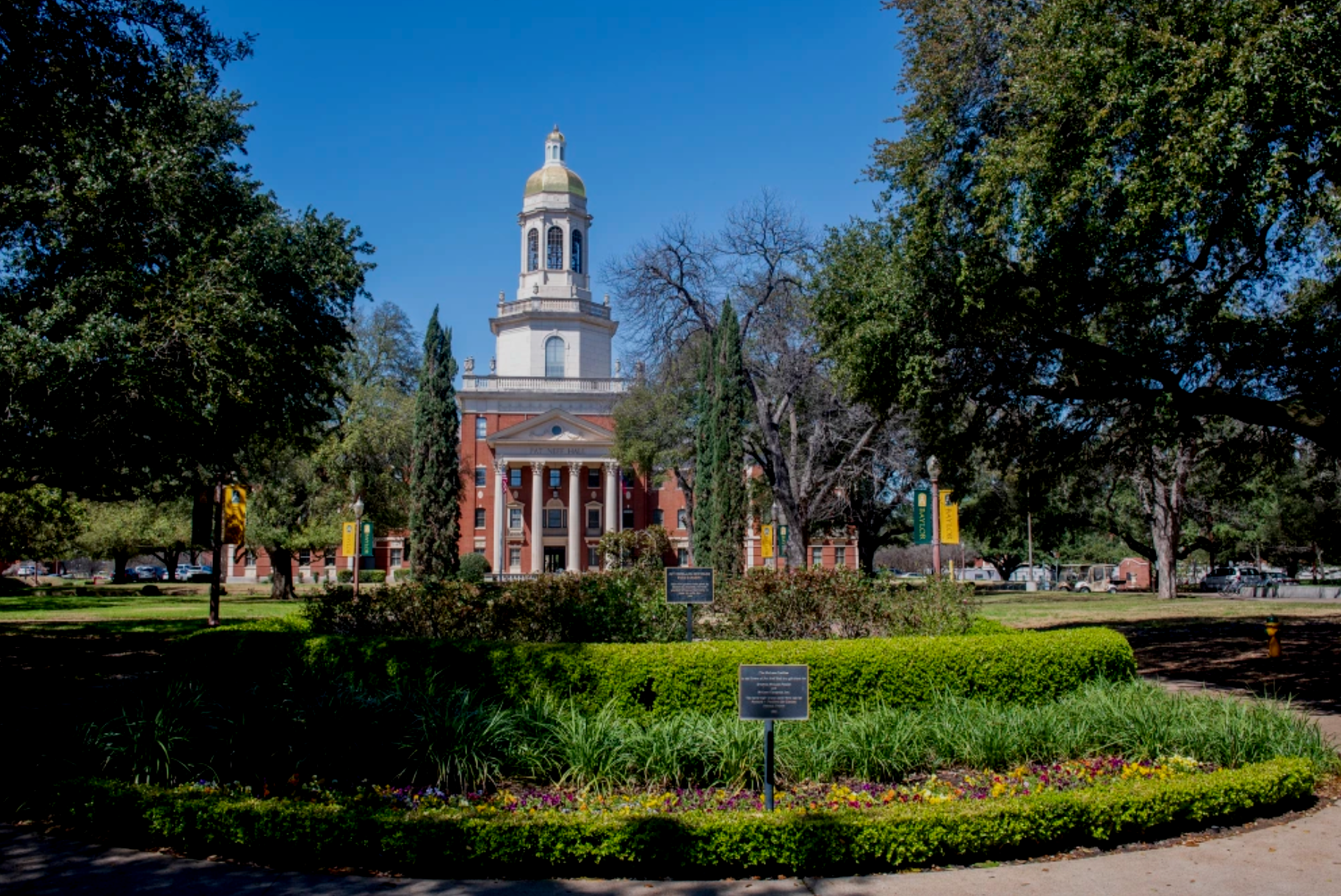Dear President Livingstone and the Baylor Board of Regents,
We write to you as pastors, faith leaders, and members of the Baylor family—alumni, donors, supporters, colleagues, and friends. Many of us are living out our callings today because of our time at Baylor University, Truett Seminary, and the Garland School of Social Work. Our churches and organizations support Baylor’s mission, and we want to continue that support. We speak today not out of animosity, but out of love and deep concern for what is at stake for Baylor, the Church, and the world.
We are compelled to speak with humility as well as conviction against Baylor’s decision to return the renewal of an existing grant from the Eula Mae and John Baugh Foundation that would have funded research on trauma-informed practices for people marginalized by the church, including LGBTQIA+ individuals and women.
While another group of pastors praised Baylor for its commitment to "hold together theological conviction and compassionate presence," we firmly believe denying funding for this research exhibits indifference and disregard for the well-being of LGBTQ+ individuals and women in our congregations. In addition, one of the most significant questions facing the Church today is how we engage LGBTQ+ people, a question that is tearing apart congregations and denominations worldwide. Research like this is urgently needed now more than ever before.
We come from a wide array of theological, denominational, and political backgrounds, but as pastors, we share a commitment to the spiritual care of our communities, which include LGBTQ+ individuals. Over the years, we have witnessed the deep hurt, shame, condemnation, and exclusion this community has faced at the hands of the Church. Robust research in this field is lacking (thus the critical need for the work of the Garland School of Social Work and the Center for Church and Community Impact). Yet we know that LGBTQ+ people who experience religious trauma face dramatically increased risks: A 2020 study in Psychology of Religion and Spirituality found that LGBTQ+ individuals who experienced religious-based rejection were six times more likely to report high levels of depression and suicidal ideation. A 2023 survey by The Trevor Project found that 41% of LGBTQ+ youth seriously considered attempting suicide in the past year, with many citing religious rejection as a key factor.
Our pastoral experience compels us to speak from the depths of both heartbreak and hope. We have received late-night calls from our LGBTQ+ congregants at risk of suicide, and we have officiated their funerals. We have wept with them as they shared stories of exclusion and debilitating shame. Yet, we have also witnessed their courage, fortitude, and deep faithfulness, even as we have seen the toll on their mental, physical, and emotional well-being. We have also celebrated with LGBTQ+ congregants as they have found healing and discovered their God-given gifts, witnessed their profound contributions to our faith communities, and marveled at the unique ways they reflect the image of God.
As our colleague, Chris Seay, has said, “Why oppose a research project aimed at healing? Why not ask, ‘What do we need to learn so that we never do that again?’ If you know that harm has been done in your own church, then research designed to help you love better is not a threat. It’s a gift.” We wholeheartedly agree. This research was never intended to dictate any person’s or church’s theology but rather to provide evidence-based data to help churches respond with wisdom, courage, and Christ-like care.
So we write to you today, urging you to consider not just the institutional politics of this decision, but the real lives at stake in the Church and the world. When the Church becomes complicit in the very systems that cause trauma, we cease to be the Body of Christ and become instead an instrument of harm. Maya Angelou once said, “Do the best you can until you know better. Then when you know better, do better.” We have known better for quite some time. It is past time for the Church to do better. And it is past time for Baylor to do better, too.
We urge you to lead with courage and compassion.
For the Church. For Texas. And for the World.











